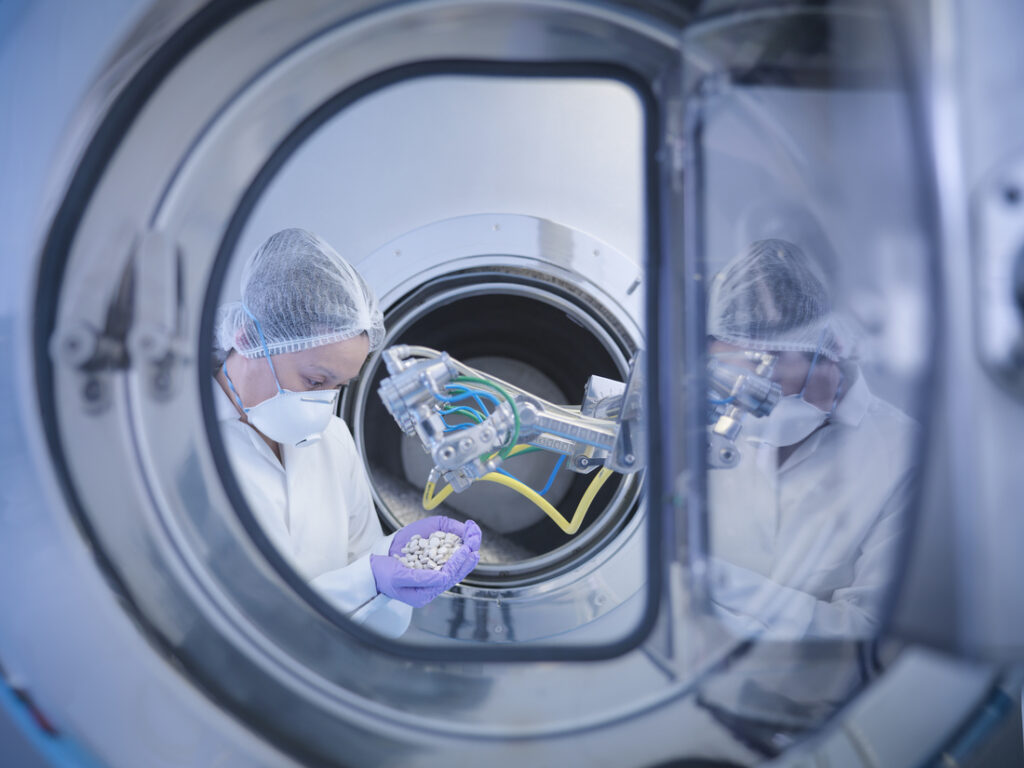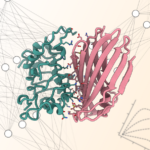Space technology firm Intuitive Machines has teamed with San Jacinto College to develop a training program for the terrestrial technicians who will support an effort to make biopharmaceuticals in space by Rhodium Scientific.
The aim of the new partnership is to develop a workforce with the skills to receive drugs returning from space, according to Robyn Cardwell, senior director of strategic partnerships and growth for San Jacinto College’s Center for Biotechnology.
“As scientific research and drug development increasingly expand into low-Earth orbit, this program supports the safe, secure, and precise management of those valuable payloads upon re-entry. It’s a first-of-its-kind workforce solution that aligns San Jacinto College’s deep expertise in biotechnology and space training with emerging industry needs at the intersection of life sciences and aerospace,” Cardwell told GEN.
The training program will be based on a curriculum licensed from Ireland’s National Institute for Bioprocessing Research and Training (NIBRT) and focus on the technicians responsible for managing pharmaceutical payloads after they return from space.
“San Jacinto College will develop and deliver training that emphasizes best practices in contamination control, chain-of-custody procedures, material handling, and transport protocols specific to high-value, space-based pharmaceutical products.
“This ensures that the integrity of the materials is maintained from the moment they land to their final delivery point, supporting both public safety and continued scientific advancement,” Cardwell continued.
Cardwell added that processes and handling techniques may need to be modified based on the payload and mission objectives, all while maintaining the NIBRT standards to keep the materials safe and effective.
Pills in spaaaace
Self-styled “space biotech” Rhodium Scientific has been exploring commercial microgravity biomanufacturing for several years in collaboration with the U.S. Defense Advanced Research Projects Agency (DARPA).
The idea is that certain biopharmaceuticals can be more efficiently produced in space than on Earth, according to Rhodium, which says the aim is to “increase the understanding of the feasibility of biomanufacturing beyond Earth and facilitate the development of a robust space supply chain.
“By providing a better understanding of how microbes adapt and function in space, this investigation may support improvements to biomanufacturing output in stressful environments on Earth.”
Intuitive Machines is working with Rhodium on the development of an Earth re-entry vehicle and orbital fabrication lab designed to enable microgravity biomanufacturing.


